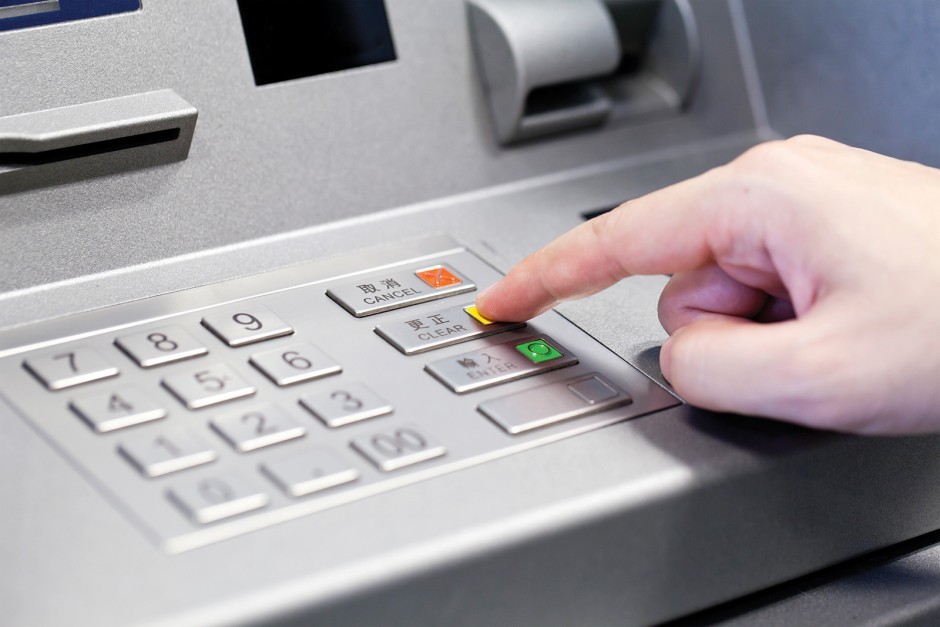Research by the Co-op Group into the spending habits of 16 million shoppers shows a north-south divide in the use of cash, with many disadvantaged communities relying on notes and coins to budget during the cost-of-living crisis.
The Group’s Way We Pay report reveals cash use has fallen from 65% to 28% since 2016. But in many areas cash payments remain as high as 44%, with counties in Northern Ireland, the northeast, Wales and Scotland topping the list.
Despite London leading the list of locations where contactless payments are most common, some boroughs still see one in three shoppers paying by cash.
In terms of the areas least dependent on cash, English counties made up 80% of the list – with 50% of those in the Southeast and 25% in the Southwest – where unemployment levels are low. The only northern English county with a reduced use of cash is Greater Manchester.
Additional research from Which? featured in the report suggests a third of respondents whose annual income was below £20,000 found cash easier to budget.

But areas suffering the worst economic problems have also been hit hard by bank closures and the rise of cashless retail. Since 2018, the number of free-to-use ATMs has dropped by more than 12,000 – a reduction of almost a quarter – and nearly half of the UK’s bank branches have closed since 2015.
In response, the Group has pledged to protect the use of cash in stores where customers are dependent on the payment method, to avoid disadvantaging or isolating communities.
It adds that it will offer ATMs which are free to use and retain free-to-use cash-back facilities at stores without ATMs
And it will offer community access to cash through banking services provided through its network of 230 Post Office counters, and the One Banks concessions which offer in-store banking services services in three Scottish stores.
Matt Hood, co-managing director of Co-op Food, said: “The clear north south divide highlights the inequality issues that are still apparent in society today, despite the government’s levelling up agenda. By introducing this charter and making these commitments we can continue to protect and provide easy access to cash, particularly in those communities that rely on it most.”